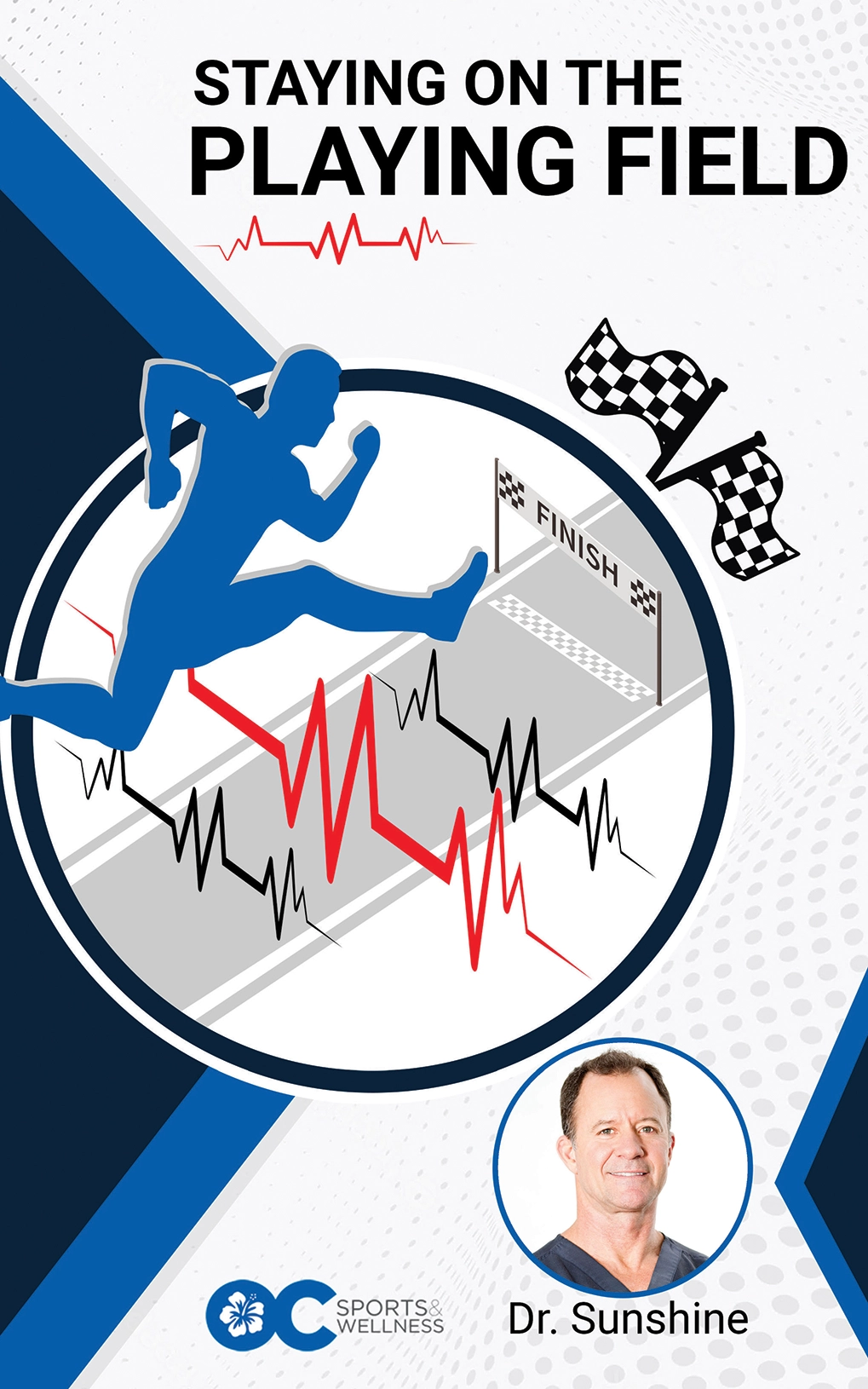How Prevalent Are Concussions?
Concussions are a prevalent form of traumatic brain injury (TBI), with approximately 75 percent of TBIs being concussions, according to the American Society of Neuroradiology. Despite being classified as a mild TBI, the term “mild” may not reflect the severity of the experience, especially for individuals who have experienced or witnessed head trauma, sparking concerns about the safety of contact sports.
Symptoms of Concussions
Recognizing the signs of a concussion, understanding its diagnosis and treatment, and being aware of potential complications is crucial for anyone who may have experienced this type of brain injury.
Symptoms of a concussion vary widely and can include headaches, nausea, dizziness (vertigo), and ringing in the ears, among others. Observable signs may include stumbling, slurred speech, unequal pupil size, loss of consciousness, memory loss, or unusual behavior. In infants or small children, signs may manifest as inconsolable crying or refusal to eat.
While a single concussion typically doesn’t result in long-term effects, repeated concussions or severe ones can lead to lasting cognitive and mood problems, such as depression.
Causes of Concussions
Concussions can occur from various causes, including sports-related injuries, military activity, car accidents, and other traumatic incidents. It’s important to note that concussions can happen even without a knockout, emphasizing the significance of continuous research into traumatic brain injuries, particularly in sports.
Diagnosing Concussions
Diagnosing a concussion often involves subjective assessments, as the damage isn’t always visible on brain imaging scans. Doctors rely on questionnaires, symptom checklists, and patient history to make a diagnosis and rule out other potential issues.
Treatments for Concussions
Treatment for a concussion primarily involves rest, allowing the brain time to recover. This includes abstaining from physical and mental activities, such as sports, reading, or screen time. Pain associated with a concussion, such as headaches, can be managed with over-the-counter medications like Tylenol or Advil.
Understanding the nature of concussions, their symptoms, and appropriate treatment is crucial for promoting recovery and minimizing the risk of long-term complications associated with multiple head injuries.
We hope this information is helpful. At OC Sports and Wellness in Orange County, we understand the importance of balancing your health amidst a busy lifestyle. We offer convenient options of scheduling visits, texting, or video chatting with your doctor. Let’s talk and work towards your well-being! We invite you to reach out: 949-460-9111



